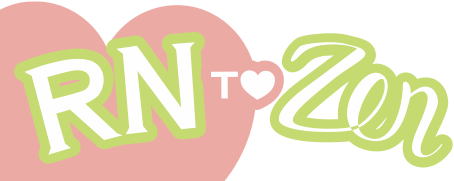Relaxation Techniques: Relax The Body & Mind:
Stress can be overwhelming, but learning to manage it effectively is key to maintaining your long-term health. In our upcoming discussion, we’ll delve into some of the best relaxation techniques that can empower you to take control of your stress and improve your overall quality of life. Join us and discover how to enhance your well-being with these top strategies!
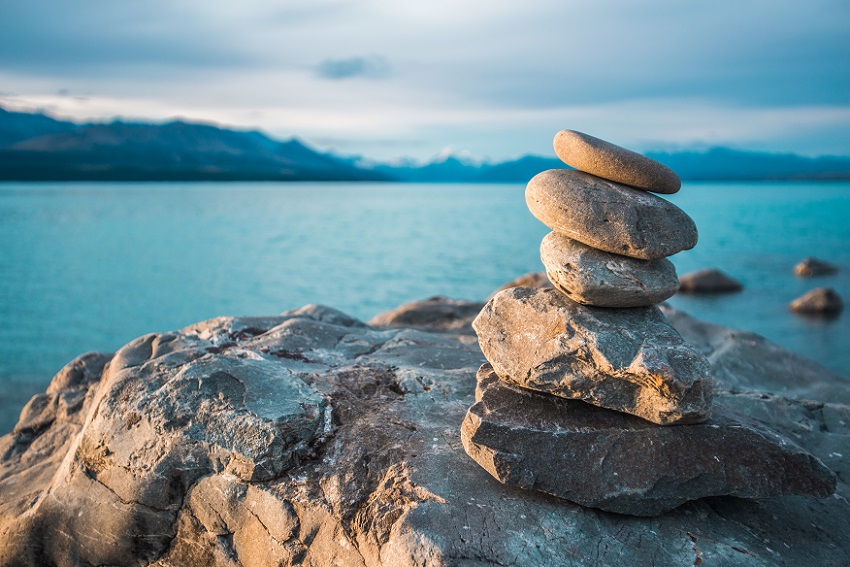
Stress: Interplay Between Body and Mind
We’ll start by examining the nature of stress and its adverse effects on us. Then, we’ll explore specific relaxation techniques to counteract these effects.
Stress, whether acute, arising from particular situations, or chronic, a constant in our lives, affects us both physically and mentally. These two aspects are deeply interconnected, and it’s crucial to recognize effective strategies to tackle and mitigate stress. Let’s delve into understanding and combating stress for a healthier, more balanced life.
Stats Of The Day!
An article published at The American Institute of Stress states that “according to U.S. stress statistics, 77% of people regularly experience physical symptoms caused by stress, and 73% experience psychological symptoms”.
Moreover, 48% stated that stress hurts their personal and professional life.
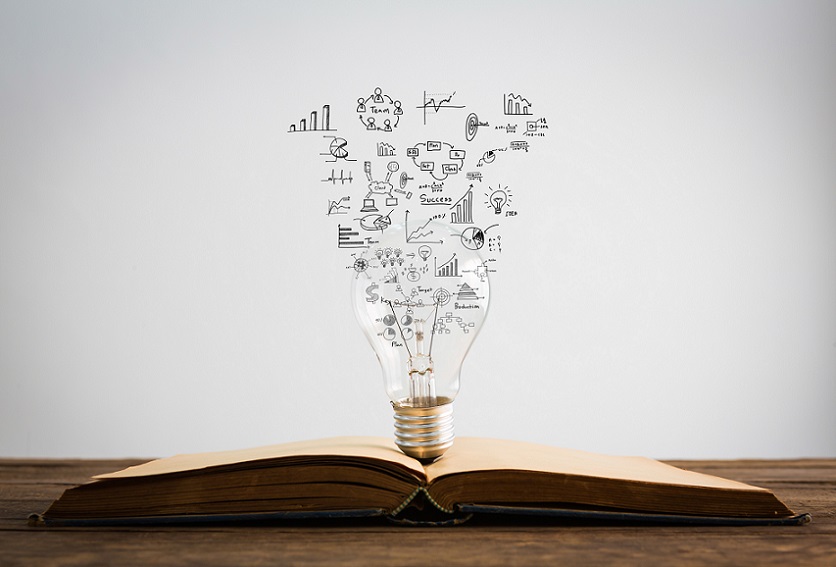
Additionally, when someone has physical stress they are dealing with, or tension, it actually can increase their emotional stress. Furthermore, if someone is facing emotional or psychological stress, it can effect them physically, leading to feeling fatigued, or just plain worn-out.
Stress Isn’t All Bad, Is It?
Health.gov probably says it best, “not all stress is bad. But long term stress can lead to health problems”. Much of the problem comes into play when chronic stress takes over your daily life, without proper management techniques.
In fact, stress is a natural occurrence of the body, oftentimes being activated when the body comes under attack. This system is referred to as your fight-or-flight response. This system allows you to handle daily stressors and can actual improve your well-being.
As a result of “normal” stress a person may see improvements in cognitive functioning, as “moderate stress strengthens the connection between neurons in your brain“.
Relaxation, Welcome!
The process of relaxation is not just about peace of mind or enjoying a specific activity, but it is really the process that decreases effects that stress has on both the mind and body (MayoClinic).
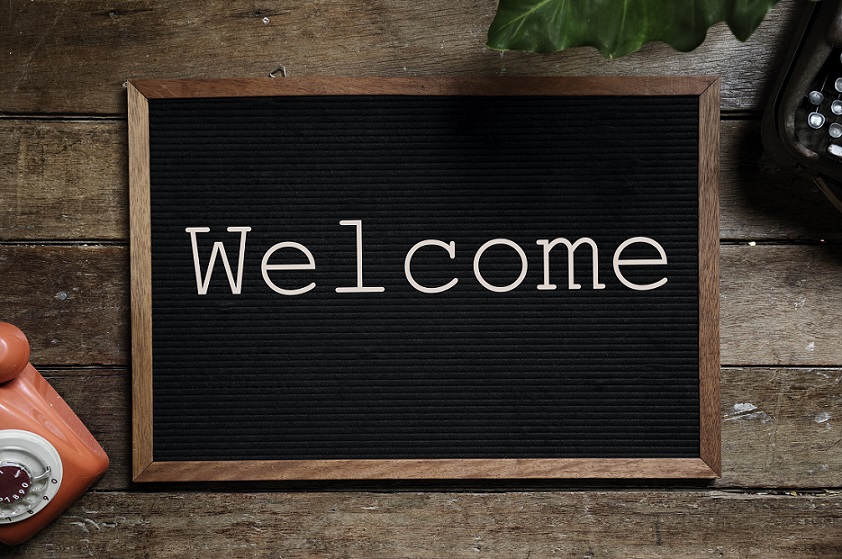
Again, stress can truly effect your body and behavior as a whole, (MayoClinic).
Relaxation techniques, figuring out how to calm yourself down, and individually discovering ways to relax, are all important to better well-being. However, it starts with first recognizing stress symptoms in order to better manage them.
Relaxation techniques work and can help get you through in a pinch, but wouldn’t it be better to remove the stressors all together?
3 Categories Of Relaxation Techniques
I. Don’t Ignore It. Face It!
The idea of facing stress head on, also falls under the broader category of stress management. As a result of facing stress head on, allows you to not just recognize what causes your stress, but also experiment with ways of coping, so that you can lead a happier and healthier life.
The 4 A’s:
For more help on this concept, head over to Help Guide. This article on stress management talks about the 4 A’s of stress management:
- Avoid
- Alter
- Adapt
- Accept
Not only will the 4 A’s allow you to better understand how to change a particular situation, but also how to change your reaction to it.
Consequently, as you practice these techniques (just like practicing anything else in life), you tend to learn, grow and get better at whatever the particular skill may be. This relaxation technique is no different.
II. Take a Breather:
Relaxation technique tip number 2, encompasses action or non-action. For example, now that you can identify a stressor, what can you do to manage stress either acutely or ongoing.
Specifically, we’ll be discussing mind-body activities as well as physical activity. In particular the items listed below:
- Exercising: Indeed it’s true, as Mayo Clinic exclaims, “get moving to manage stress”. To illustrate this point, we know that exercise causes the release of happy hormones, called endorphins. These types of feel-good hormones are released with any type of aerobic exercise. Furthermore, exercise is a sure fire-way to improve self-confidence and self esteem, thus limiting stress caused from potential body-image issues.
- Lighting Candles: The real caveat when discussing candle lighting has to do with associations. Specifically, associations with certain aromas and/or the soft lighting they tend to create. Oftentimes, individuals associate scents with happiness or pleasure. In particular, when it comes to aroma’s for pleasure, we think aromatherapy. Scents like lavender, have been long touted for their therapeutic benefits and use in aromatherapy applications. It’s important to note that research remains ongoing to prove certain touted claims.
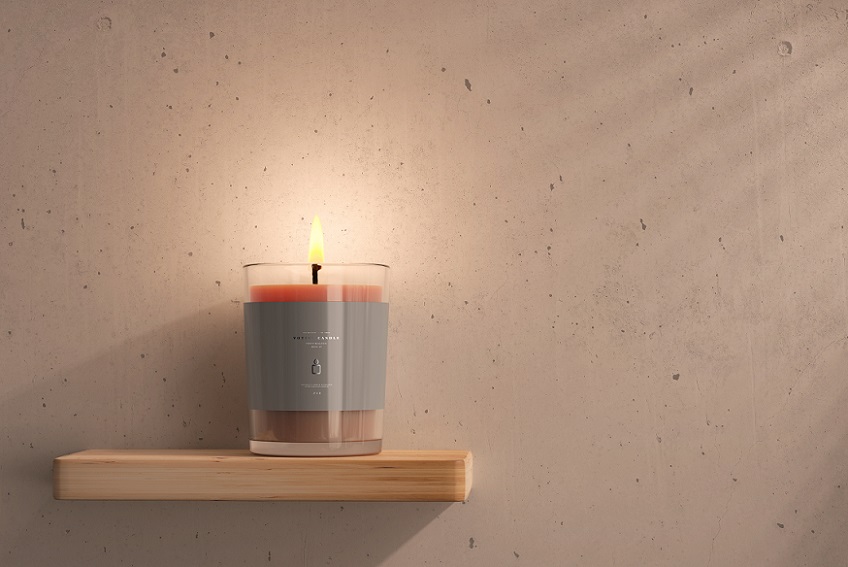
- Breathing exercises: Often, when we think breathing exercises for relaxation, deep breathing comes to mind. If you’re an avid yoga practitioner, you may think pranayama. Breath focus is a technique oftentimes used to evoke the relaxation response, states an article published by Harvard Health. Deep breathing, also known as diaphragmic breathing or abdominal breathing, helps to ensure full oxygen exchange, helping to slow heart rate and blood pressure, which often increases with your natural stress response.
- Reducing Caffeine Intake: Did you know that research completed at Duke University found that caffeine consumption in the morning can have effects on the body until bedtime. The same study showed caffeine made stress and the stress response worse throughout the day. The study found that it caused increase in blood pressure as well as, caused elevation in stress hormones.
- Writing/Reflecting/Journaling: According to academics, journaling is a “strategy for reducing effects of anxiety from difficult emotions“. According to an article (specific to COVID-19) published at Michigan State University, journaling can help provide clarity (of the mind), serve as an emotional escape or way to release negative emotions, as well as helping to keep things in perceptive.
Related Content: A Stress Diary: Big Benefits of Journaling for Stress Management?
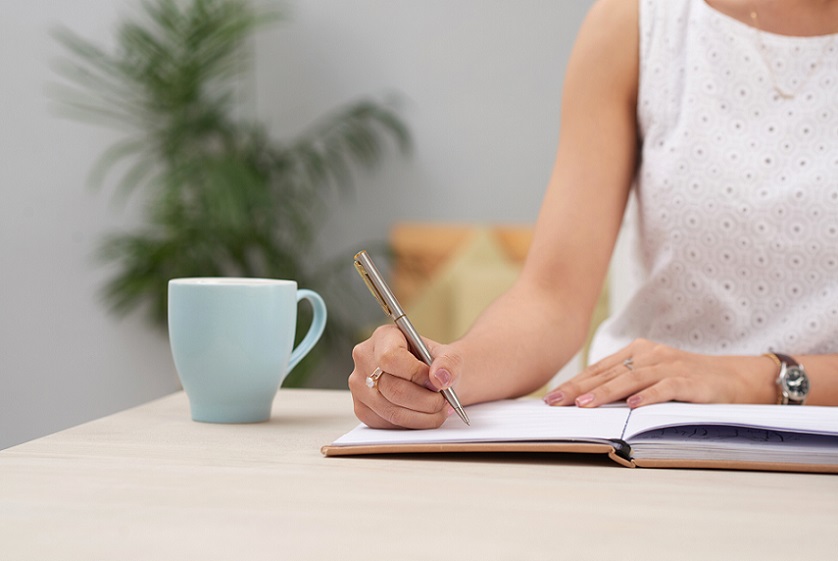
- Talk to a Friend: This is one concept that just doesn’t need to be backed up by research. We’ve all been there, right? Surely, each one of us has had a vent session to blow off steam. Specifically speaking, “blow off steam” translates into “getting rid of unwanted stress”!
- Progressive Muscle Relaxation Exercises (PMR): We’ve made an entire post on PMR. Oftentimes when PMR is referenced, it has to do with tension relief. Specifically, muscle tension. For example, in a session of PMR exercises, the individual tenses up a specific muscle group as they breathe in, and relaxes that same muscle group as they breathe out. Like many relaxation techniques, PMR is about consistency and considered to be a skill acquired.
Related Article: A STRESS DIARY: THE BENEFITS OF JOURNALING FOR STRESS MANAGEMENT
Short Video On PMR
III. Focus on Mental Relaxation
We’ve covered some of this point above, as certain aspects of the above will also contribute to mental clarity, calm, and relaxation. Similarly, like the above ideas, mental relaxation can contribute to the physical aspect of stress relief.
- Visualize your Calm: Also know as visualization, the process of visualization involves an individual thinking about or imagining themselves in a peaceful & safe environment, according to Calm Clinic. The true goal here is to not just let yourself go to that place and the way it looks, but also imagining the aromas, sounds, and feel. The more you get in tune with your senses, the more rewarding this type of relaxation technique can be.
- Optimistic: To explain this element of relaxation, we focus on the power of positive thinking. Just like visualization, this requires mental work. Truth is, no one is always happy, but being able to quickly overcome negative self talk, can go a long way in your overall health. In fact, studies have actually been done, focusing on optimism and it’s impact on both mental and physical well-being. According to one study, optimistic people “present a higher quality of life, and help to promote a much more healthy lifestyle”. Moreover, better cognitive responses, leading to greater problem solving capacity and flexibility.
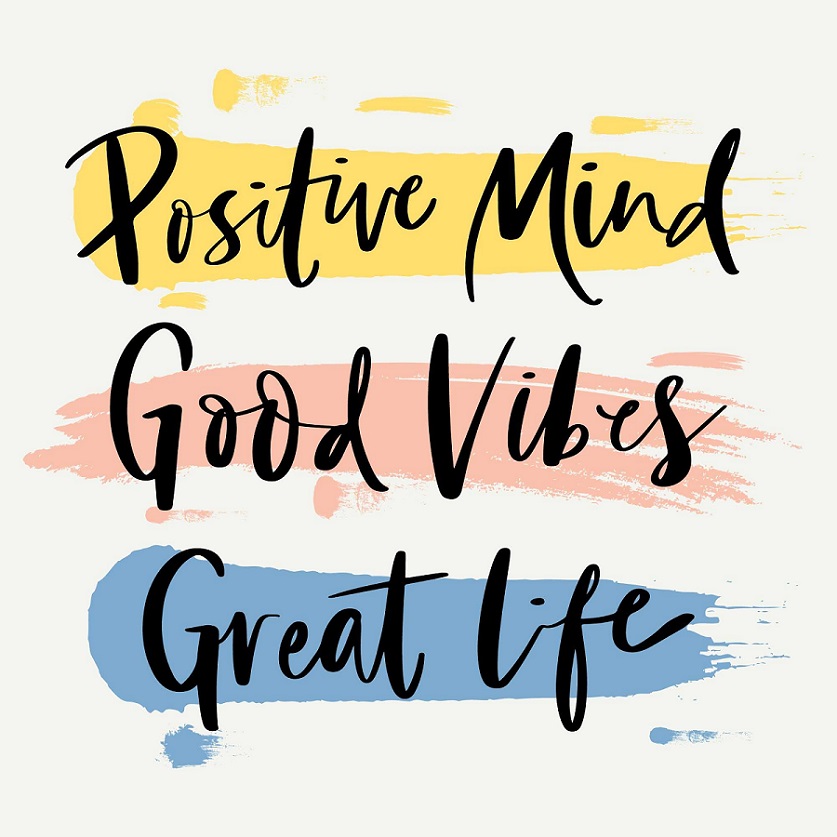
- Meditation: A relatively significant amount of research and investigative studies have went into this ancient practice. Consequently, meditation has made it’s way into more and more homes. Did you know across the age and gender spectrum, the percentage of people that have tried mindfulness practices such as meditation & yoga since 2012, has increased. See more results from the CDC, here. Headspace (a monthly meditation service) states, meditation is a stress management tool, that can help reprogram the brain to improve capacity in managing stress, when done consistently.
- Sleep: Sleep and stress effect one another, almost like a viscous cycle. For example, if you’re stressed out, you may be more restless at night, making it harder to sleep. On the other hand, if you’re not getting enough rest, it’s harder to deal with daily stress, even what we may call “normal moderate stress”. According to Very Well Mind, reduced sleep within REM, can even lead to “poor quality sleep, impaired memory, and poorer mood regulation. In turn, leading to more stress.”
Related Article: Fun Stress Relievers in the comfort of your own home
Final Thoughts!
We hope you enjoyed this blog post from RNtoZen.com and have some ways in mind to help you relax and calm down in stressful situations. We hope to have you again soon!
References:
- https://www.mayoclinic.org/healthy-lifestyle/stress-management/in-depth/relaxation-technique/art-20045368.
- https://health.gov/myhealthfinder/topics/health-conditions/heart-health/manage-stress
- https://www.healthline.com/health/benefits-of-stress-you-didnt-know-about#Good-stress-vs.-bad-stress
- https://www.stress.org/researchers-explore-the-benefits-of-stress-and-anxiety
- https://www.helpguide.org/articles/stress/stress-management.htm
- https://www.mayoclinic.org/healthy-lifestyle/stress-management/in-depth/exercise-and-stress/art-20044469
- https://www.health.harvard.edu/mind-and-mood/relaxation-techniques-breath-control-helps-quell-errant-stress-response
- https://corporate.dukehealth.org/news/caffeines-effects-are-long-lasting-and-compound-stress
- https://www.canr.msu.edu/news/journaling_to_reduce_stress
- https://www.uofmhealth.org/health-library/uz2225
- https://www.calmclinic.com/anxiety/treatment/visualization#:~:text=Visualization%20is%20the%20act%20of,with%20something%20that%20relaxes%20you.
- https://www.ncbi.nlm.nih.gov/pmc/articles/PMC2894461/
- https://www.cdc.gov/nchs/products/databriefs/db325.htm
- https://www.headspace.com/meditation/stress
- https://www.verywellmind.com/relationship-between-stress-and-sleep-3144945
